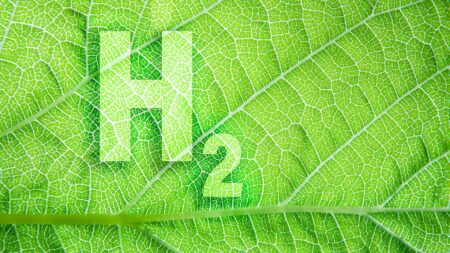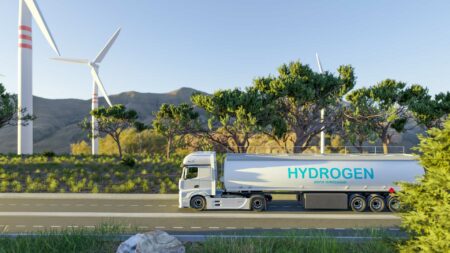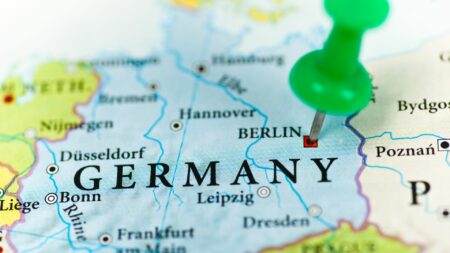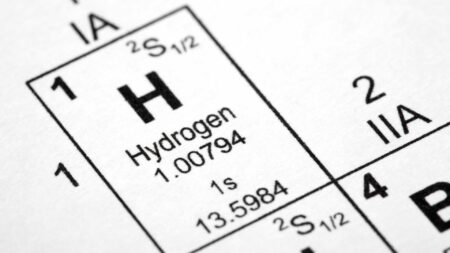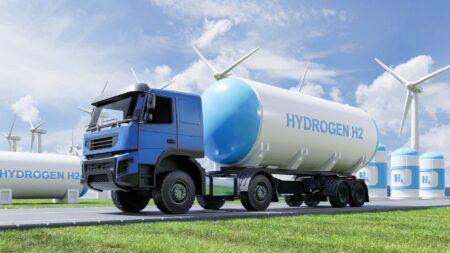In a recent report, the International Energy Agency (IEA) sheds light on the growing prominence of hydrogen in the global energy matrix. Global hydrogen consumption soared to 95 million tonnes in 2022, marking a 3% annual increase. However, despite this surge, the share of green hydrogen, the low-emission variant, remains a modest 0.6% of the total supply.
Browsing: Report
In the intricate tapestry of transport, Heavy Goods Vehicles (HGVs) weave a disproportionate environmental footprint, contributing 20% of emissions despite constituting only 1.5% of all transport. As sustainability takes center stage globally, the need to decarbonize HGVs becomes imperative.
Unforeseeable costs and a lack of financing models cast a shadow over Germany’s hydrogen endeavors, according to a study by Advyce & Perlitz and PSvdL Consulting.
Kazakhstan’s ambitious energy transition, outlined in collaboration with S&P Global, faces a complex landscape of uncertainties.
European investors, particularly from Germany and Denmark, are eyeing substantial investments in Gujarat’s green hydrogen sector.
As the world gears up for COP28, the upcoming UN climate summit, Friends of the Earth International (FOEI) issues a stark warning: “Hydrogen is big polluters’ latest trick, and we can’t afford to fall for it.” In a paper titled “Don’t Fall for the Hydrogen Hype,” FOEI challenges the perception of hydrogen as a clean alternative and calls for a just energy transition.
In what is poised to be Spain’s next energy revolution, a surge of over a hundred projects is set to harness the potential of green hydrogen, marking a pivotal step in the nation’s commitment to decarbonization.
China has surged ahead in the green hydrogen race, funneling an impressive 300 billion yuan ($42.04 billion) into the burgeoning industry this year, according to a report by state broadcaster CCTV.
International Council on Clean Transportation (ICCT) forecasts that the cost of owning and operating heavy-duty fuel cell trucks will outpace their diesel counterparts by 2030.
Namibia, a nation blessed with abundant renewable resources, has embarked on an audacious $20 billion green hydrogen project, backed by the European Union (EU). While the project promises economic revitalization and environmental sustainability, recent investigations have raised concerns about its potential impact on nature and local livelihoods.

